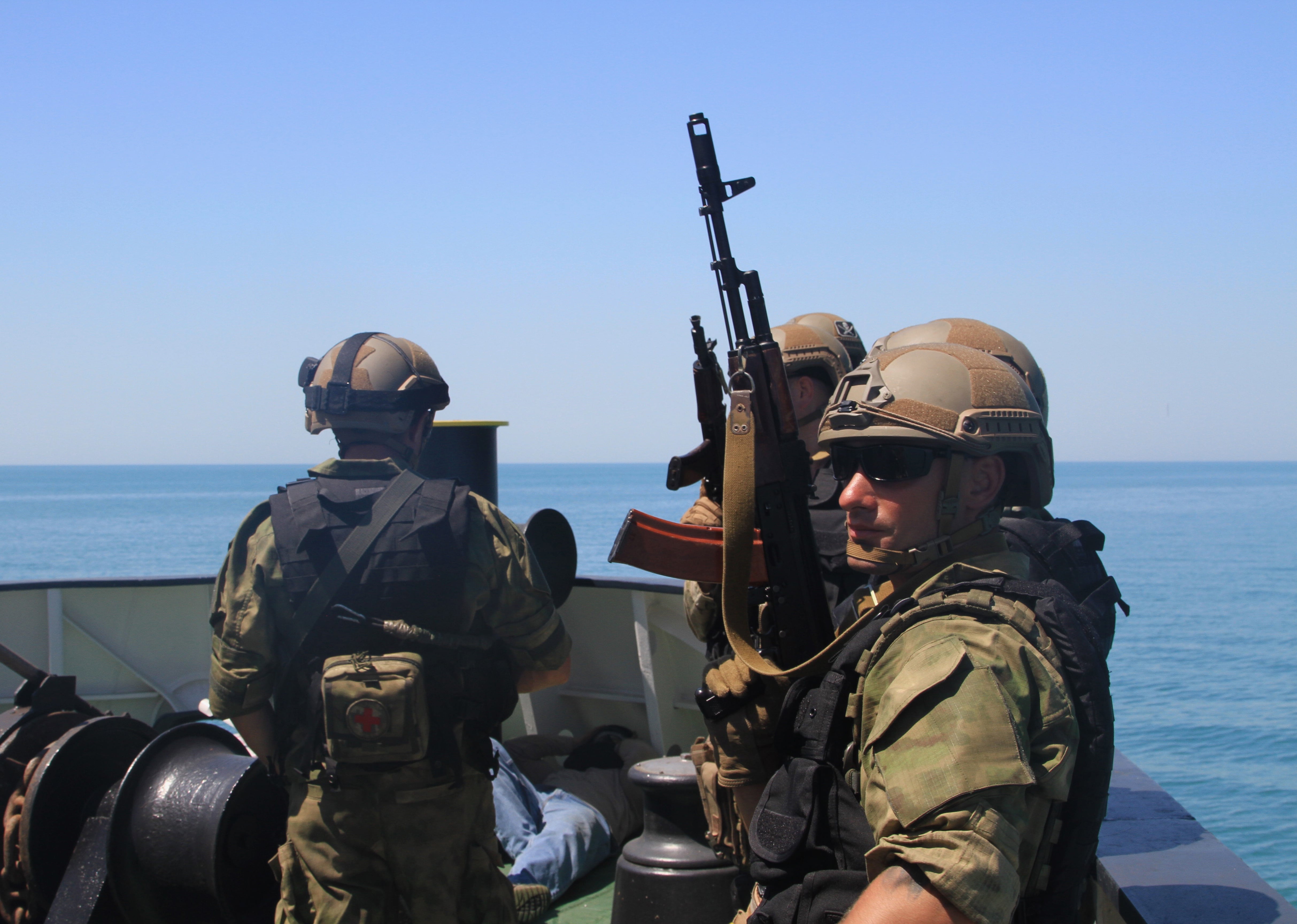Ukraine has always been a complicated ally to the United States.
The European country is vulnerable, with a geography, a history and an ongoing conflict — a war, if you ask Ukrainian leadership — that places it squarely in the crosshairs of Russia.
That also makes Ukraine incredibly strategic to the United States and NATO at large. But just as the U.S. alliance with Israel can cause some heartburn, so do efforts to find the perfect balance with Ukraine. Too much military support for Ukraine could be viewed as poking the bear to the east. And unlike Israel, a military strength all its own that provides much-needed stability in the Middle East, Ukraine is struggling to establish its own military capability. Also unlike Israel, Ukraine’s conflict is not reflective of an unstable region but rather a geopolitical battle with a single hostile neighbor. Certainly Eastern Europe’s own defense investments are driven by Russian aggression, but Ukraine’s conflict is quite distinct, anchored in the annexation of Crimea. Military support from allies sends a far more targeted message: less about stability, less about countering Russia’s hybrid warfare tactics, and more about choosing sides. The U.S. — and NATO at large — must tread carefully.
But make no mistake: Ukraine is desperate.
These factors have of course been at the core of an ongoing debate about whether supplying Ukraine with arms could make a tense situation worse. And Ukrainian corruption only adds another layer of complexity. Most recently we’ve watched Ukraine’s defense industry arm, Ukroboronprom, try to overcome a scandal of mismanagement that ironically involves a kickback scheme to smuggle Russian military gear into Ukraine.
That context is important to consider amid the impeachment inquiry launched by House Speaker Nancy Pelosi. At the center of the debate is $391 million in military aid that President Donald Trump reportedly asked his staff to freeze for two months before dropping the hold a week ago, under pressure from lawmakers. And then there’s that July 25 call between Trump and Ukraine’s new president, Volodymyr Zelenskiy. Zelenskiy asked to buy American-made Javelin anti-tank weapons, and Trump asked Zelenskiy to work with U.S. officials to investigate a political rival.
RELATED

Setting aside whether such behavior violates Trump’s oath of office, the request does reset the debate over support for Ukraine in a troubling way. No longer about Russia, no longer about deterrence, no longer about protecting a vulnerable state and no longer about preaching legitimacy over corrupt practices, U.S. policy suddenly is rooted in self-interest. Now, each decision to deliver military systems or support to Ukraine will be met with skepticism. Whether they admit it or not, NATO allies in Europe will question even more whether policy decisions are spurred by the interest of the continent or the interests of one.
The dynamic has changed.
And what does this do to Ukraine, a country that has struggled to prove its credibility? If you read the call’s transcript, credibility is what Zelenskiy is attempting to establish at the start — pointing to attempts to “drain the swamp,” bringing in new people “because we want to have a new format and a new type of government.” It’s a message that helped Zelenskiy win the presidency. But that talk took a turn once mention of a Javelin buy was followed by Trump’s request for an investigation. Suddenly Zelenskiy sounded more like a “yes” man, even as he noted any investigation would be done “openly and candidly.” Zelenskiy is left in an unfortunate position — tied up in a scandal, not of its own doing, with the country’s most important ally.
Democrats have likened the interaction to an organized crime shakedown. Republicans say otherwise, with Rep. Lindsey Graham calling it “a nothing (non-quid pro quo) burger.”
So is any of this fair? As I implied earlier, so much about Ukrainian policy is anchored in perception. So frankly, fairness doesn’t matter all that much.
Jill Aitoro is editor of Defense News. She is also executive editor of Sightline Media's Business-to-Government group, including Defense News, C4ISRNET, Federal Times and Fifth Domain. She brings over 15 years’ experience in editing and reporting on defense and federal programs, policy, procurement, and technology.







